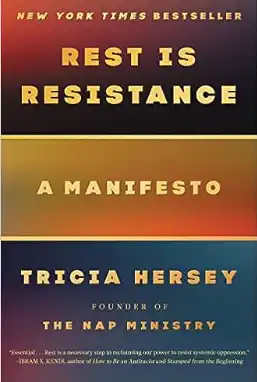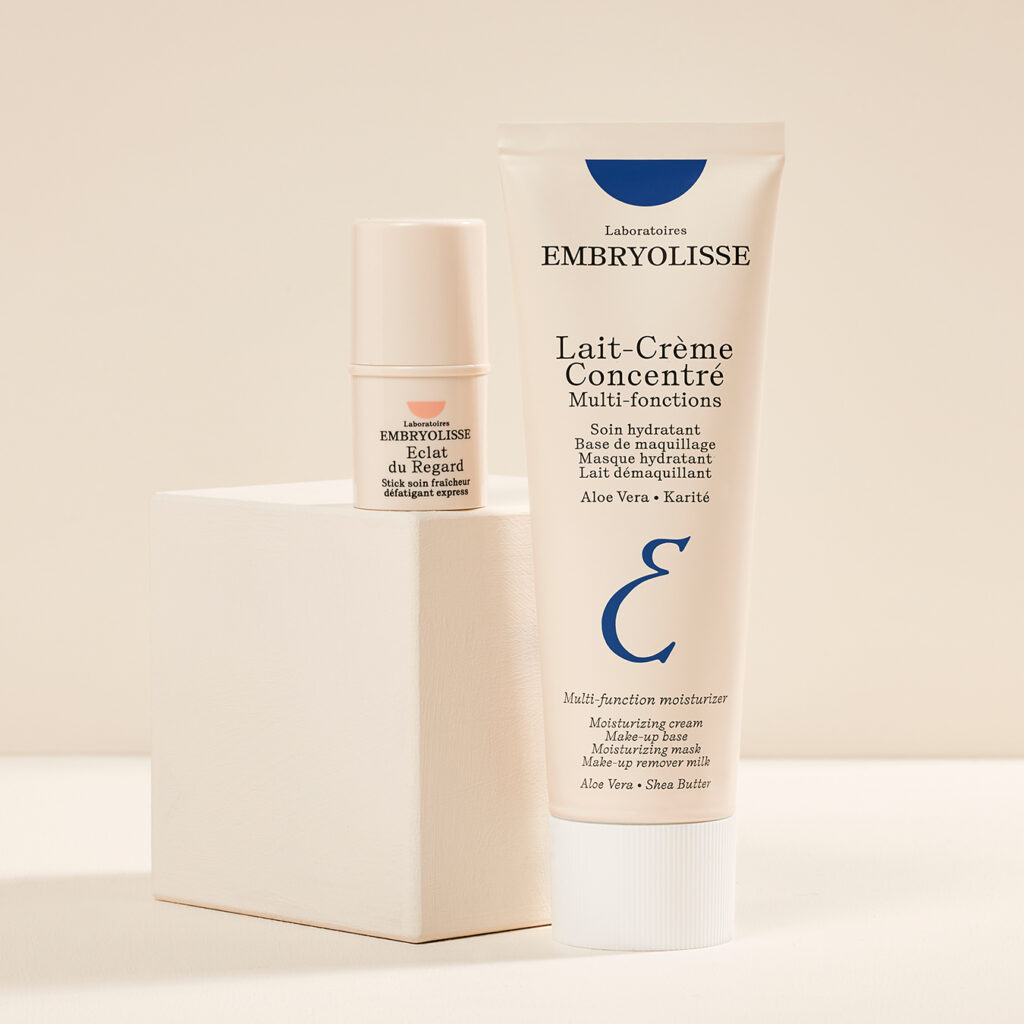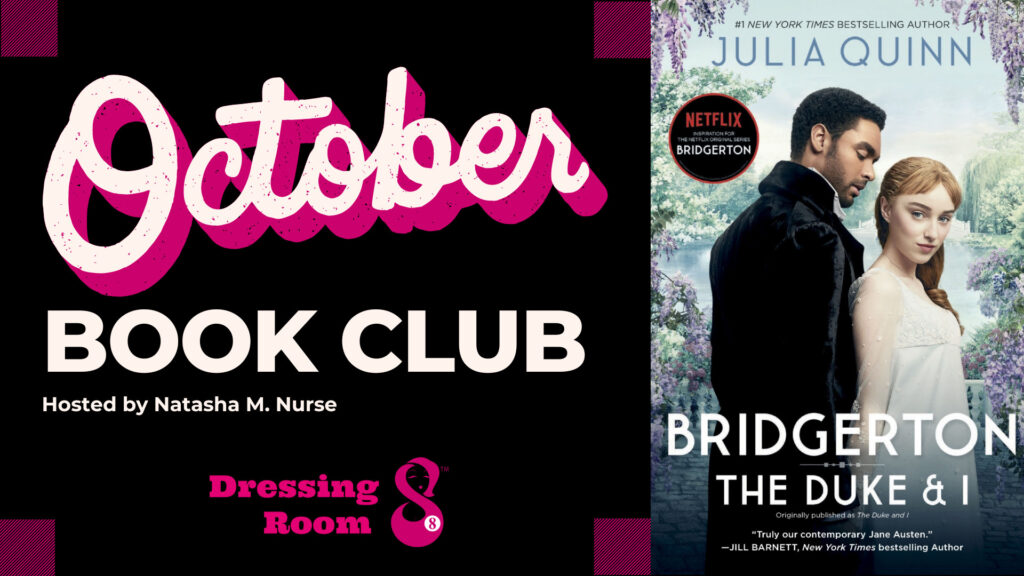1) Get enough sleep. This seems like a no-brainer, but if you’re not getting enough sleep (like eight hours), take a look at your schedule and see where you can cut back on time spent on other things so that you can get more restful sleep.
2) Don’t try to get too much done in one day! Even if it means taking breaks from work or school during the day to do things like exercise and eat well, try not to pack your days with too many activities—you’ll just end up feeling stressed out and exhausted by the end of the day, which isn’t fun for anyone involved!
3) Take a power nap! If you’ve got some downtime between meetings or projects or whatever else is keeping you busy today, take advantage of it by napping as soon as possible! Studies show that napping helps rejuvenate brain cells and increases alertness later in the day (and even into tomorrow).
4) Do something that relaxes you every single day—this could be taking a bath, going for a walk on the beach, reading a book by candlelight… whatever makes YOU feel good!
5) Don’t use your phone at night (or while driving). I know this one seems obvious, but it’s so hard sometimes! When we’re scrolling through our phones late at night or when we’re driving, we don’t realize how much we’re struggling with our own internal resistance to rest—and how much more difficult it makes it to actually relax when we finally do get home and lay down for bedtime. So turn off all screens an hour before bedtime, and see how much better you sleep!
6) Read a book! It’s good for your brain to engage in activities that require deep thought and focus before bedtime—and reading is one of them! AND…joining book clubs is a great way to help you read more books!
7) Go outside – If you need a break from your desk or computer screen, just step outside for a while! Whether it’s a quick walk around the block or an hour-long hike through the woods, nature has a way of helping us find peace within ourselves when we’re feeling stressed out by our busy lives.
8) Take care of yourself first before taking care of others: We all want to help others out at some point or another during the day—but sometimes rushing off to do something for someone else can leave us feeling exhausted by the end of it all!
9) Get the right gear—a pillow that’s not too firm or too soft, bedding that’s not too hot or cold, and earplugs if you’re going to be sleeping near a loud street or train tracks (or whatever else might wake you up at night). The right gear can be a TOTAL game-changer for getting more rest.
10) Drink water. It’s simple and effective! Dehydration can make you feel more tired than usual—and it’s not just because of the thirstiness. Water helps restore electrolytes in your body, which is what helps us function normally (especially when we’re stressed out).









